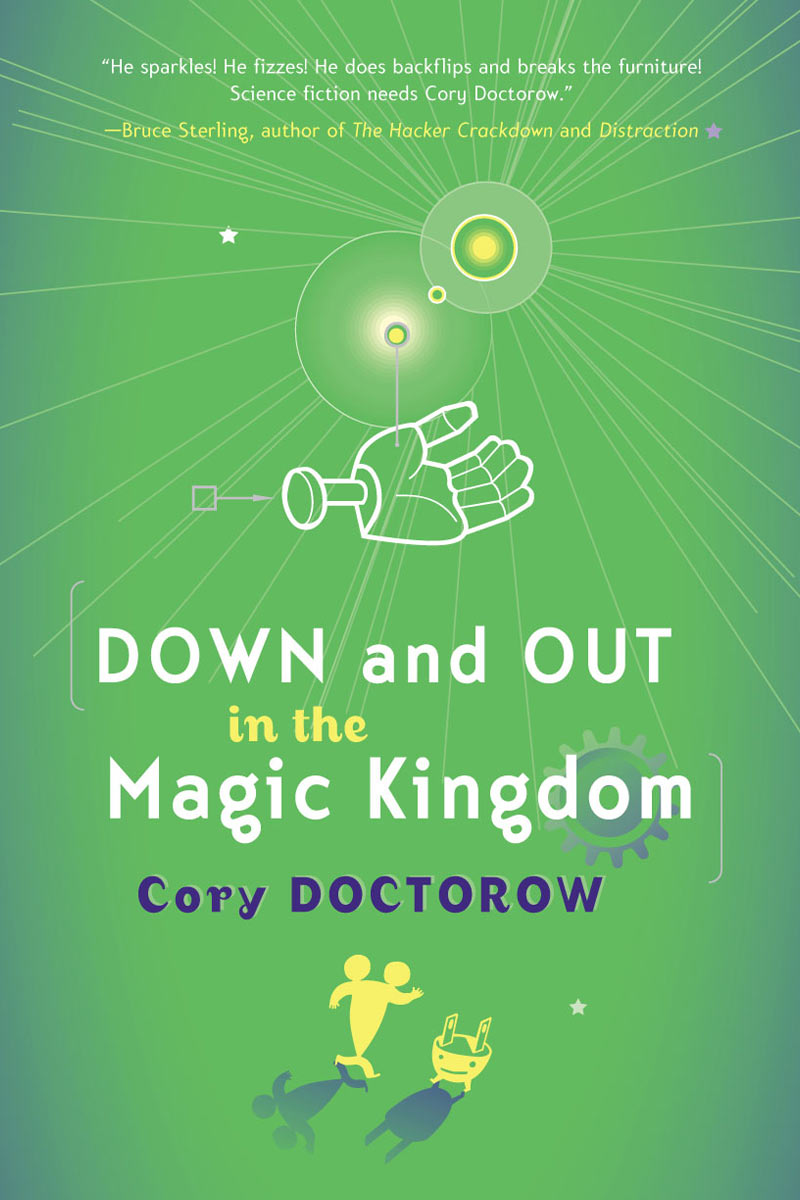
This week on my podcast, I read MLMs are the mirror-world version of community organizing, a recent post from my Pluralistic newsletter.
MLMs prey on the poor and desperate: women, people of color, people in dying small towns and decaying rustbelt cities. It’s not just that these people are desperate – it’s that they only survive through networks of mutual aid. Poor women rely on other poor women to help with child care, marginalized people rely on one another for help with home maintenance, small loans, a place to crash after an eviction, or a place to park the RV you’re living out of.
In other words, people who lack monetary capital must rely on social capital for survival. That’s why MLMs target these people: an MLM is a system for destructively transforming social capital into monetary capital. MLMs exhort their members to mine their social relationships for “leads” and “customers” and to use the language of social solidarity (“women helping women”) to wheedle, guilt, and arm-twist people from your mutual aid network into buying things they don’t need and can’t afford.
But it’s worse, because what MLMs really sell is MLMs. The real purpose of an MLM sales call is to convince the “customer” to become an MLM salesperson, who owes you a share of every sale they make and is incentivized to buy stock they don’t need (from you) in order to make quotas. And of course, their real job is to sign up other salespeople to work under them, and so on.






























